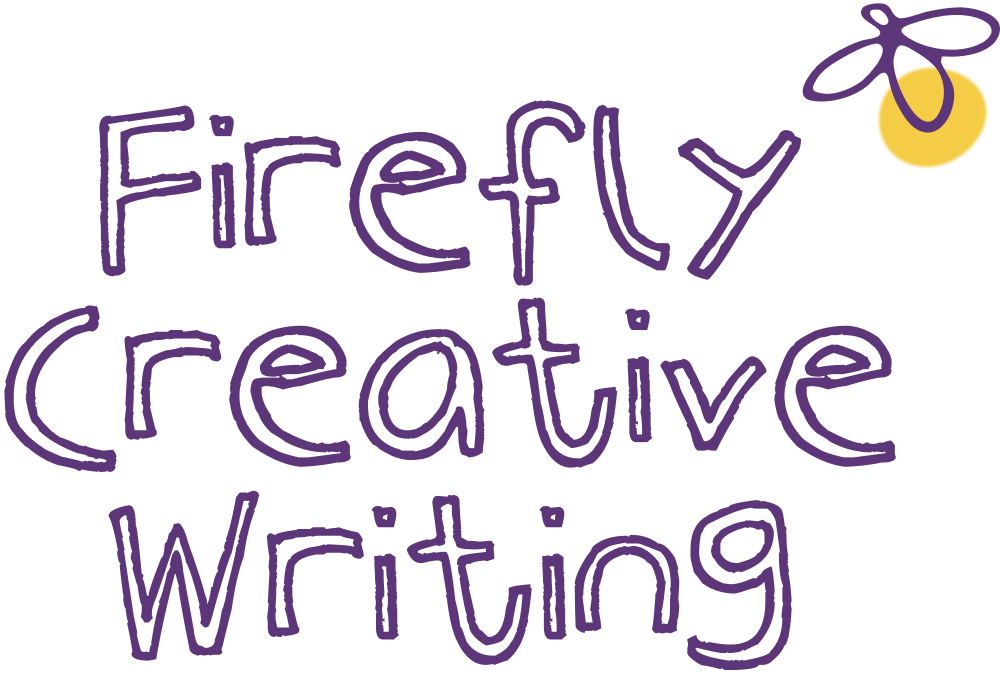I’m a shitty writer, and other things I learned in school.
A tealight, lit, in a glass jar, on a wooden window ledge, sun shining in.
Growing up, I hated writing.
I couldn’t spell. I didn’t have ideas. I didn’t believe that anything interesting might happen on the page. The school system reflected that right back to me, with mediocre grades and disinterest from teachers.
That low hum of inadequacy has never left me. Even though I love writing. Even though I’ve built a life around that love. I still carry a deep feeling that I’m fundamentally faking it, and about to get called out. I know a lot of us feel this.
This year we did training about “School Wounds” with the brilliant Kate Klein, and I got some new ways of thinking about this.
Kate studies the ways formal education impacts our growth as learners. Through interviews and research, they have created a list of ways that the school system can put us into categories that become very hard to grow out of.
They call them “stories that echo.” Here are a few:
I am dumb.
I am gifted.
I am a problem.
I don’t belong.
I am average.
I am oppositional.
I am at-risk.
I am lazy.
Did you get any of these messages? I’ll be honest — as Kate read through them (there are more, and they describe each one in intense and beautiful detail), I muted my Zoom and let the tears fall. I could relate to almost all of them, and I see the ghosts of this in our groups all the time.
Of course these stories are bullshit.
Nobody doesn’t belong.
Nobody is “a problem.”
Nobody is one thing.
But ideas about who we are — especially when we receive them young — can be incredibly hard to shake off.
So what do we do?
Kate believes these knots can be loosened in adult learning spaces, especially when those spaces hold liberation, choice, care, and access at their centre.
This is so exciting to me. It reminds me of a term that conflict resolution specialist John Paul Lederach created — “pocket imagination.” He believes that social change often happens in pockets where people can imagine things newly.
Here are some of the questions this leaves in me:
Where can we find (or create) pockets in our lives that are untethered from old ideas about who we are, and can help us see ourselves newly?
What is the role of community in helping us imagine new truths, and then hold them in place while we slowly grow into them?
How are care, kindness, accountability, and creativity needed for this to happen?
How can we hold gratitude for the gifts of school (and especially the teachers) while still tending to the wounds it may have left in us?
These are the moments when I think — writing is about so much more than writing.
When we write something we didn’t think we could, we aren’t just creating that thing, we’re creating a new story about who we are — a little pocket of imagination where we can do something we didn’t think we could.
Whether it’s here with us or anywhere else, I’m wishing you this: pockets of possibility where you can re-author the story of what you’re capable of, and let your voice be as wild, free, and talented as it always has been.
We might never fully let go of our echoes.
That hum of inadequacy has followed me through every sentence of this letter. It’s right here with me as I type. Maybe you’re feeling your own echoes as you read.
But Zadie Smith says — “There isn’t really any solution to self-doubt. In the end, you just have to write and doubt simultaneously.”
So I keep writing, layering in new threads of curiosity onto old ones, weaving a deeper and richer tapestry to wrap around myself when I’m feeling small.
And, when I’m doing my best work, I get to watch other people doing that too. What an unbelievable honour.
In it with you,
P.S. So many lovely people cited in this little piece! Here’s where to find them:
If you’re part of a team who would like to understand more about how school wounds are impacting your work, you can hire Kate.
While Kate researches “school wounds,” the term originated with writer and principal Kirsten Olson, in her book, Wounded by School.
The Zadie Smith quote comes from this Q&A in The Guardian.
And — here’s John Paul Lederach’s latest book.


